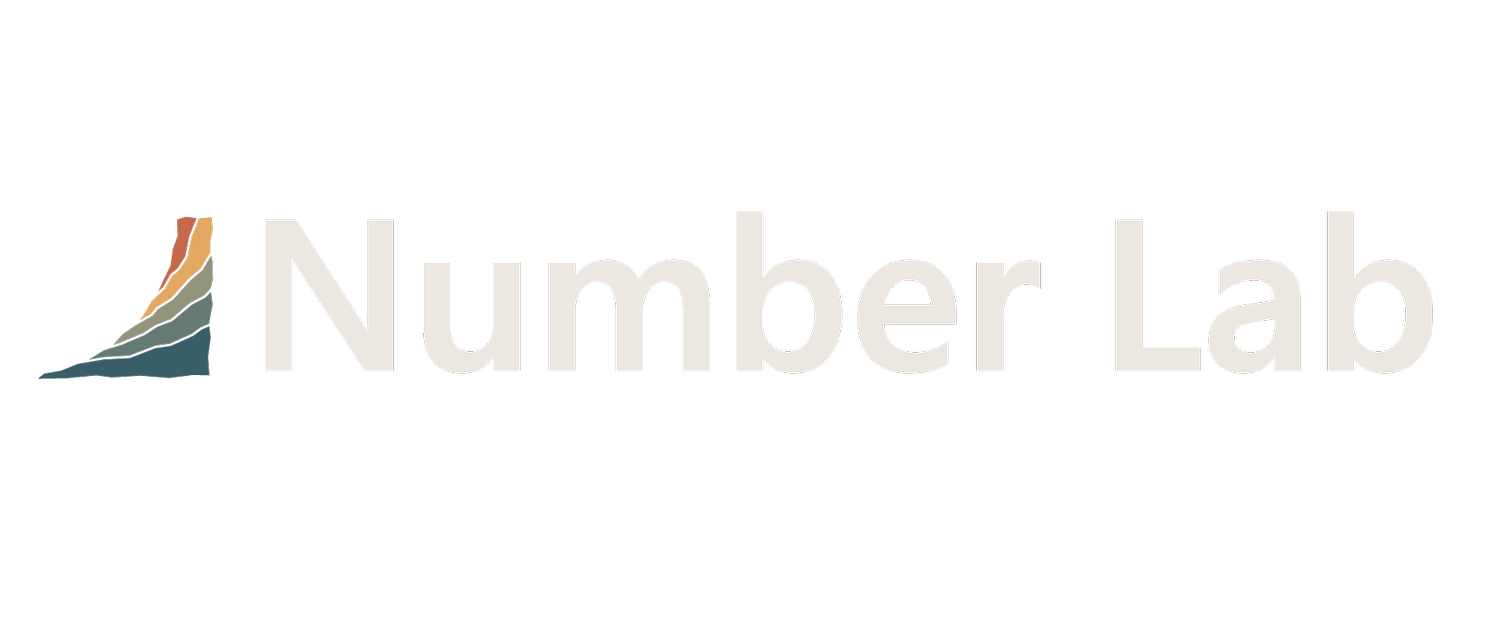Welcome to the Number Lab!
What do we do?
At the Number Lab, directed by Dr. Eric Wilkey, we investigate the neurocognitive mechanisms that support mathematical thinking and how learning and development shape the brain. We do this to better understand the ways that children develop effective math skills. We believe this relies on an intentional two-way conversation between those who study cognition and educators. Through our research, we hope to inform educational tools that will support students of all ages and abilities. Through our engagement with educators, we hope to bring context, relevance, and purpose to the study of the human brain.
How do we do it?
We take an interdisciplinary approach that combines developmental psychology, neuroscience, and learning sciences to study math development. Sometimes we call it educational neuroscience. Other times we call it developmental cognitive neuroscience, cognitive psychology, educational psychology… It depends on the particular research question, the methods used in the study, or just the day of the week. We try to leverage the optimal research methods/tools to answer our research questions.
Scientific Integrity. We value good science for the common good. We believe the best way to achieve this is through a deep commitment to scientific integrity that embraces transparency, accessibility, and reproducibility. We aim to be careful and honest in our scientific practices and to rely on open science tools that maintain a high level of accountability to these goals, such as pre-registration, registered reports, and publicly posting data and code. We choose impactful research questions, design studies to find the answers, and try to let the data tell the story. Sometimes we prove our hunches correct. Other times, we prove them to be wrong. In either case, we celebrate scientific progress and share what we did.
Tools and methodology. We use a combination of neuroimaging methods (specifically Magnetic Resonance Imaging (MRI), both structural and functional) and behavioral methods (e.g., longitudinal studies, intervention work, psychometrics) to investigate math development and the brain mechanisms that support mathematical thinking.
Who do we do it for?
We do our work with the hope that it makes a positive impact on several levels. We do this work for:
People who think mathematically… and we believe that is everyone. Thinking mathematically enables people to navigate a world that is inherently mathematical–from baking and building to managing finances and consuming media. Ultimately, our science builds knowledge about how children learn, or have difficulty learning, math. We want that impact to be positive for all people, especially those who face learning challenges. We want to welcome people to the joy of learning math who may not inherently see themselves as a "math person." We also acknowledge that not all people have had the same access to quality math instruction. Many have historically been denied learning opportunities because of race, ethnicity, or socio-economic status. We believe math can be empowering for everyone and the aim is that our research reflects that. We want to be present in spaces that are underserved by the scientific community and under-resourced by the education system.
Trainees. The Number Lab is a place where people come to learn how to do research. We train people at many levels of study including undergraduates, graduate students, postbac researchers, postdocs, and even the PI is learning something new every day. We learn from each other. We also believe that science is inherently better and that we serve our community more fully when our research group has diverse backgrounds and perspectives that can fully represent our broader community. This works best when our lab member's diverse voices are part of our work. We encourage each member to bring their full self to The Number Lab.
Scientific Community. Progress does not happen in isolation. We are part of many vibrant scientific communities that exchange ideas and knowledge including international societies like IMBES, MCLS, and Flux. We present at conferences, publish in journals, and otherwise disseminate our research findings internationally and locally. On the local level, we share a scientific community with the Peabody College of Education & Human Development at Vanderbilt University, are housed in the Department of Psychology & Human Development, and work with the Educational Neuroscience program at the Vanderbilt Brain Institute.



